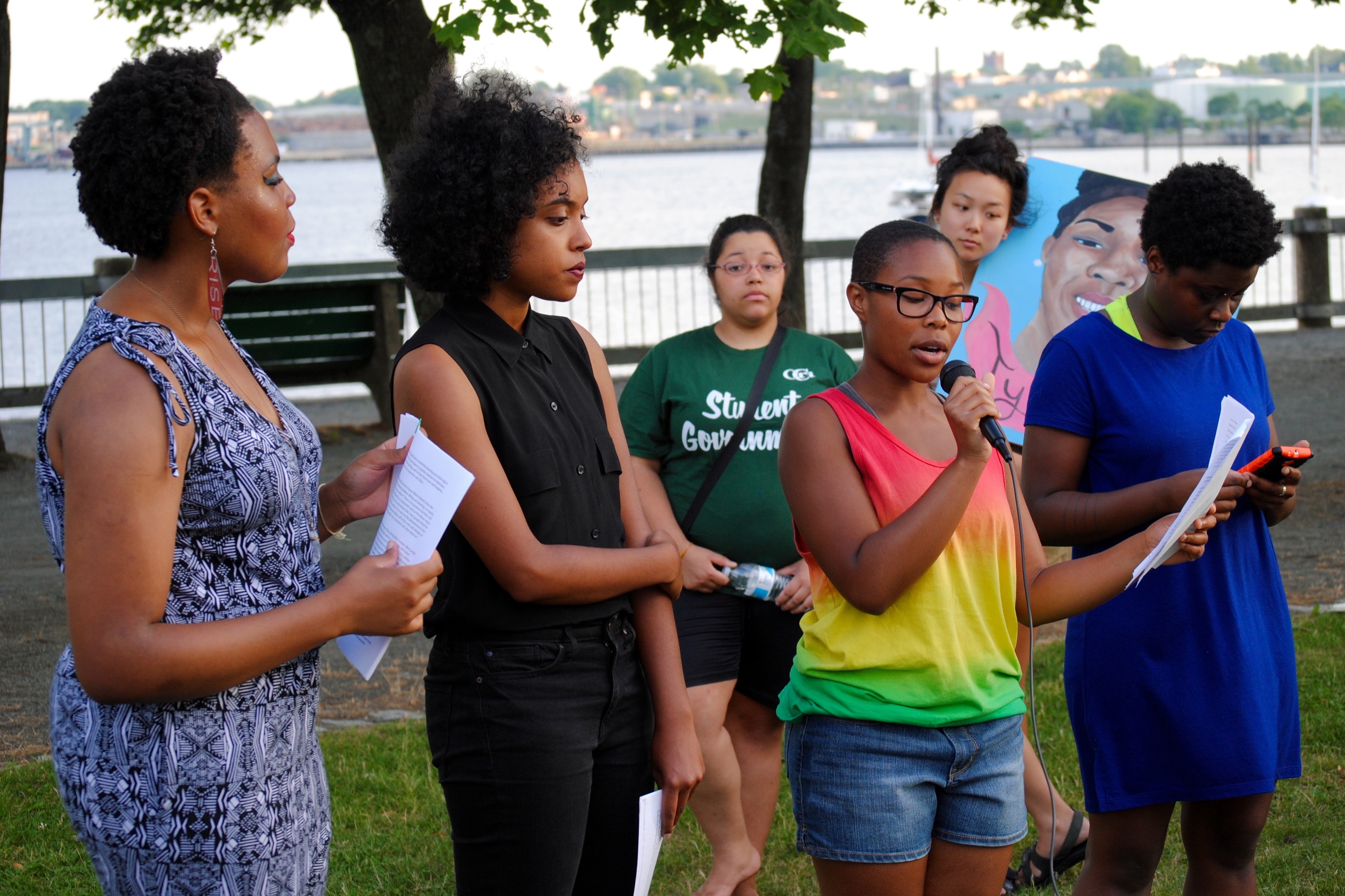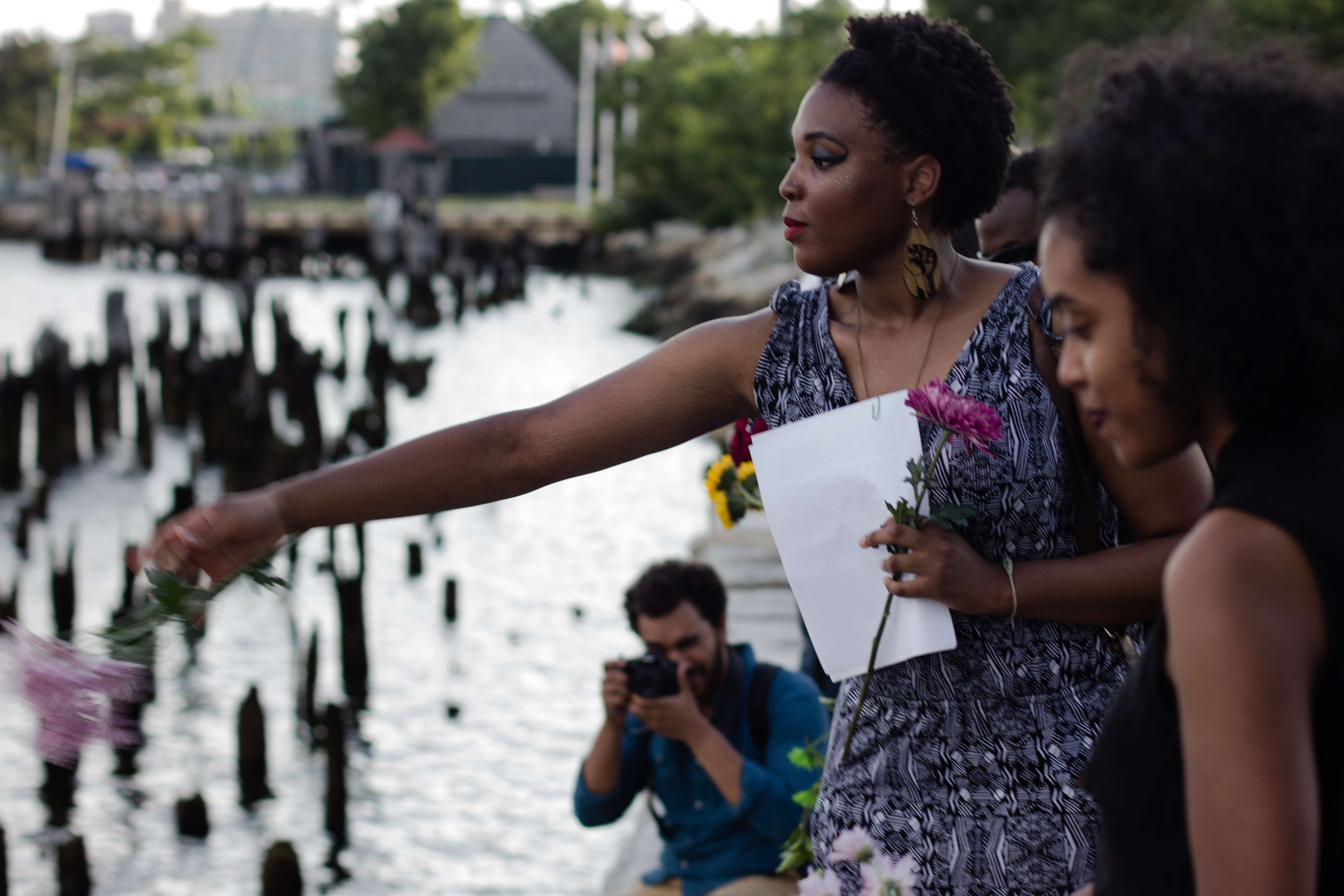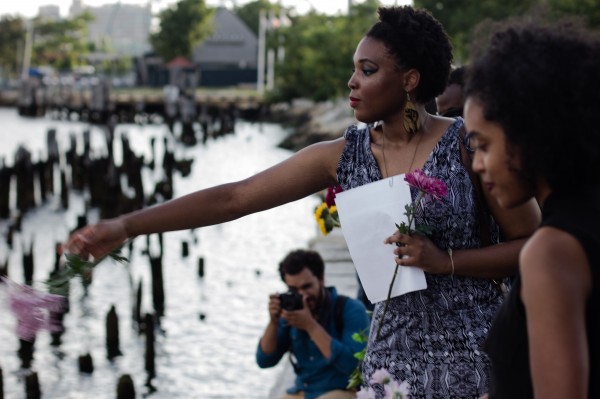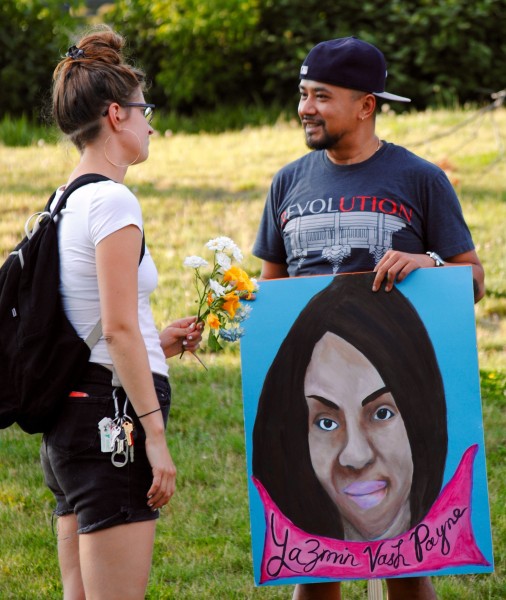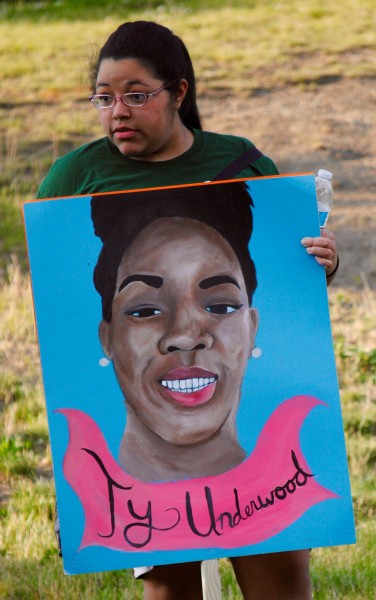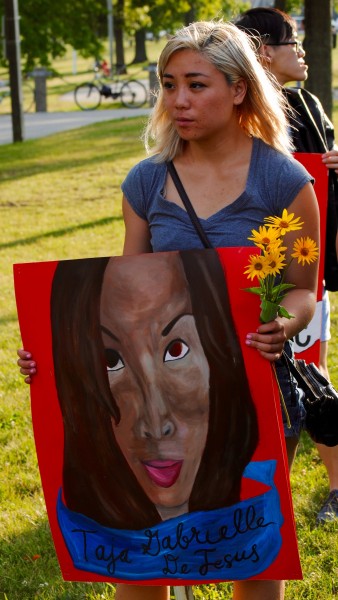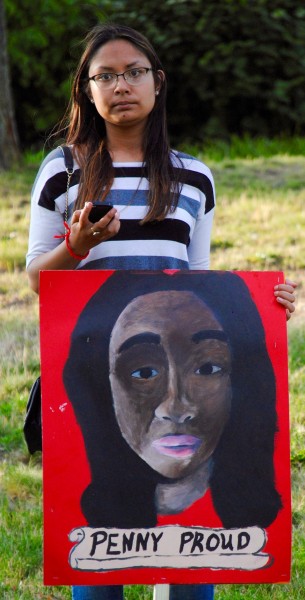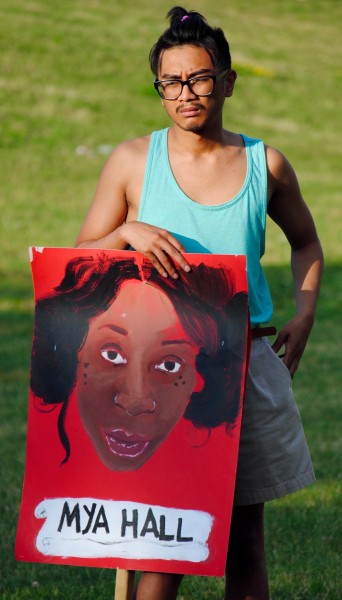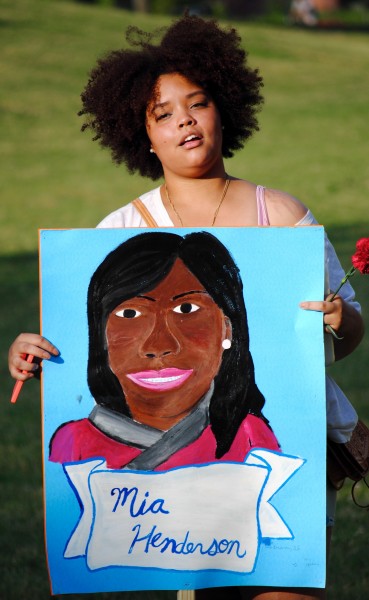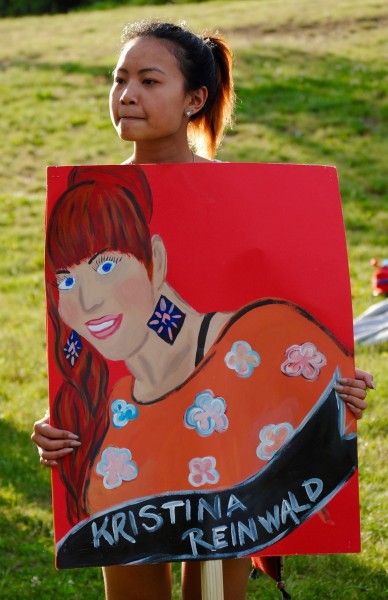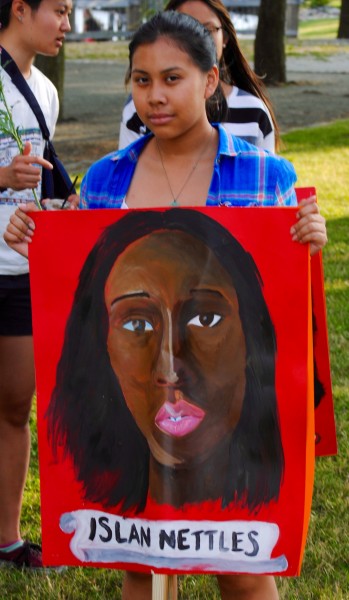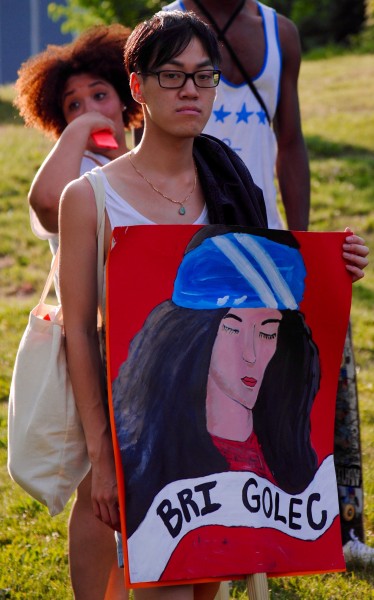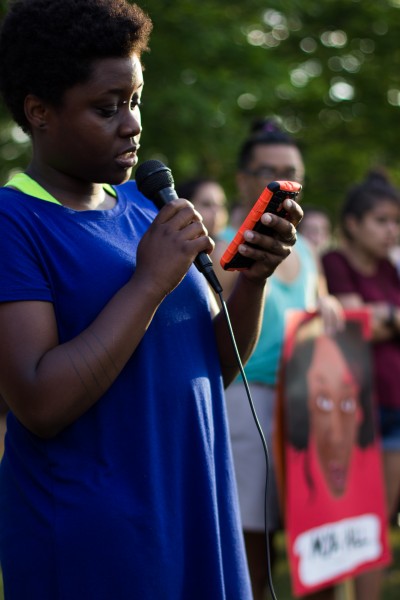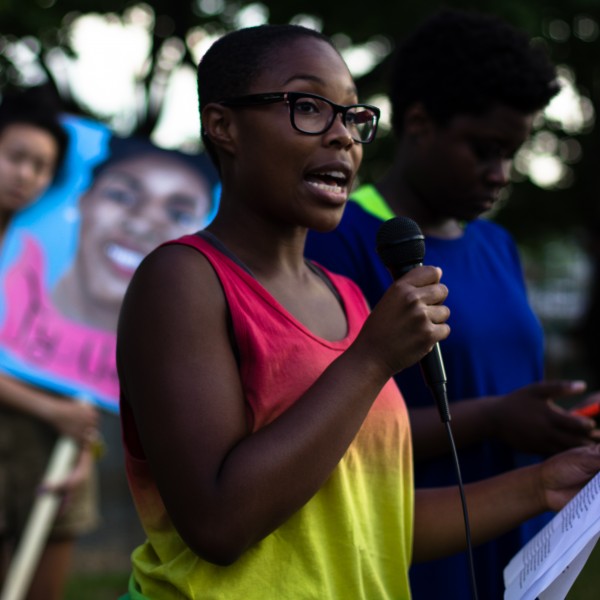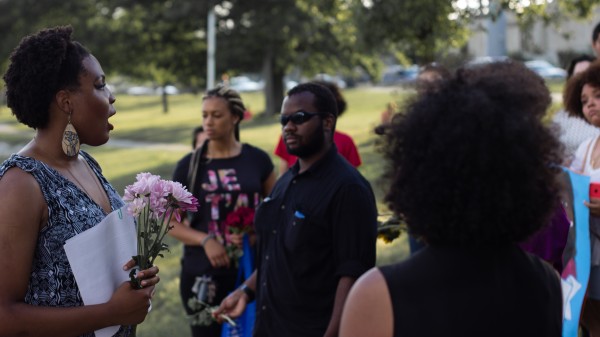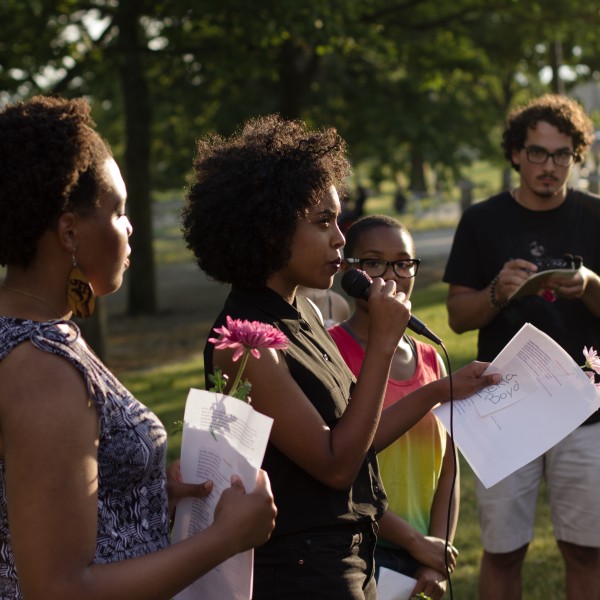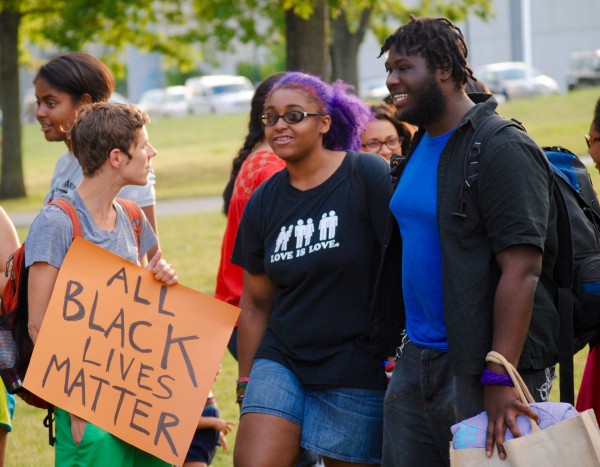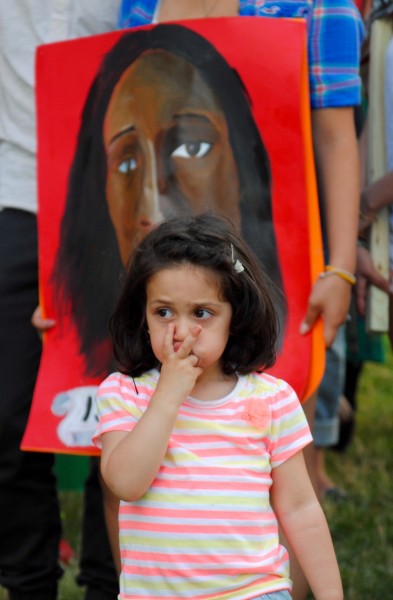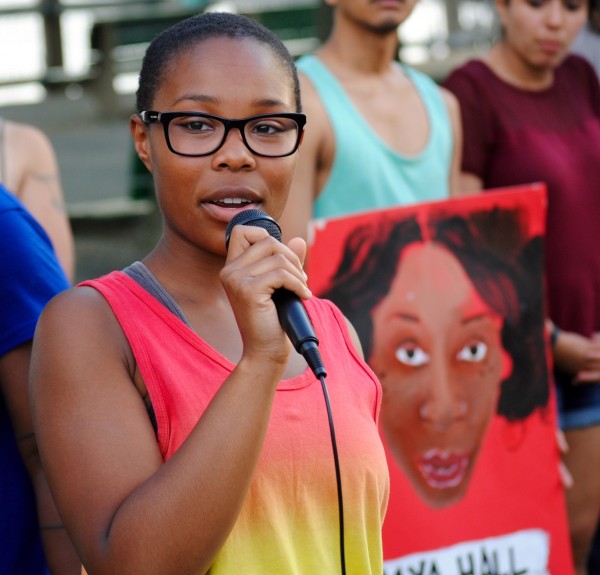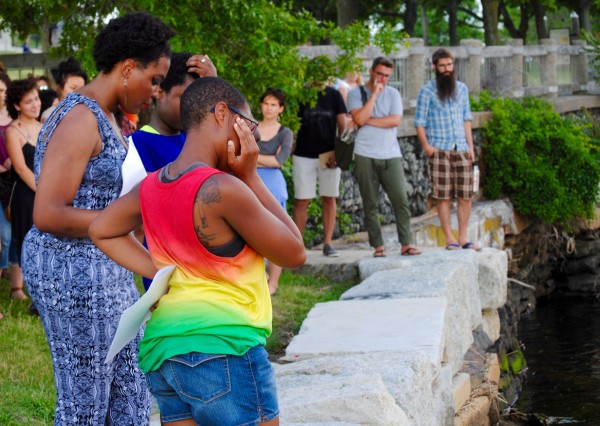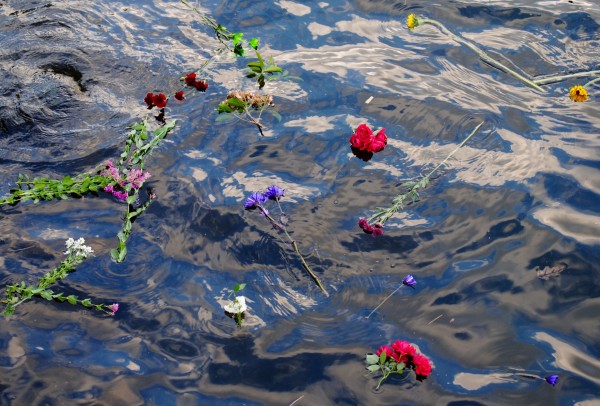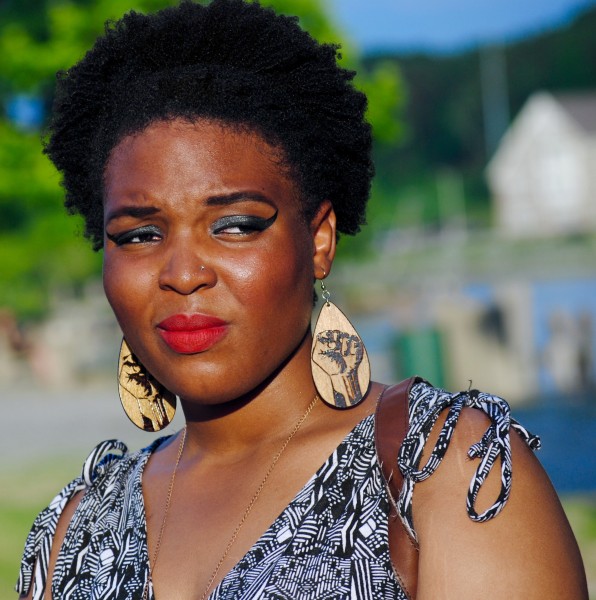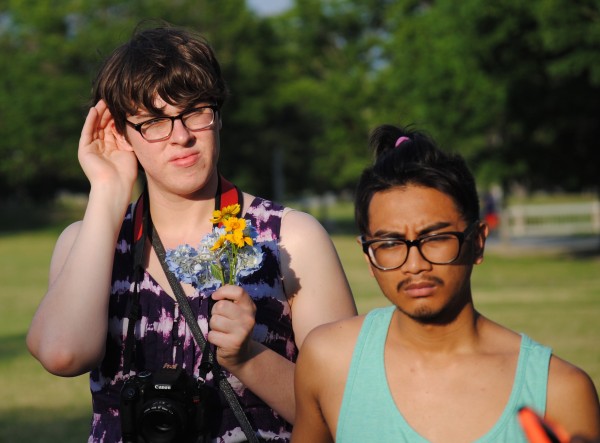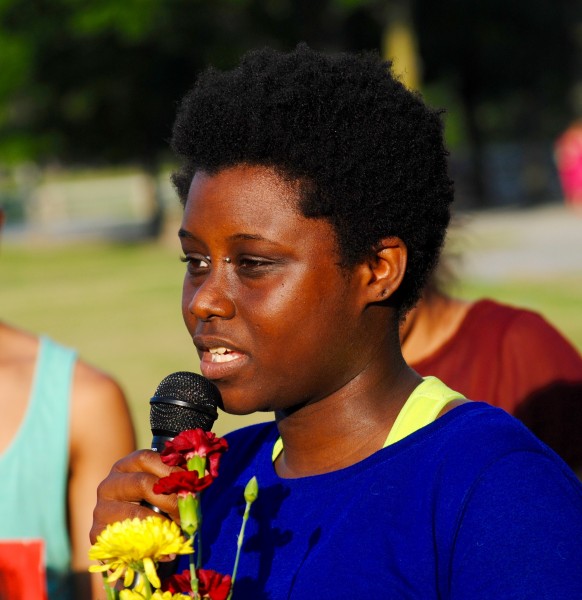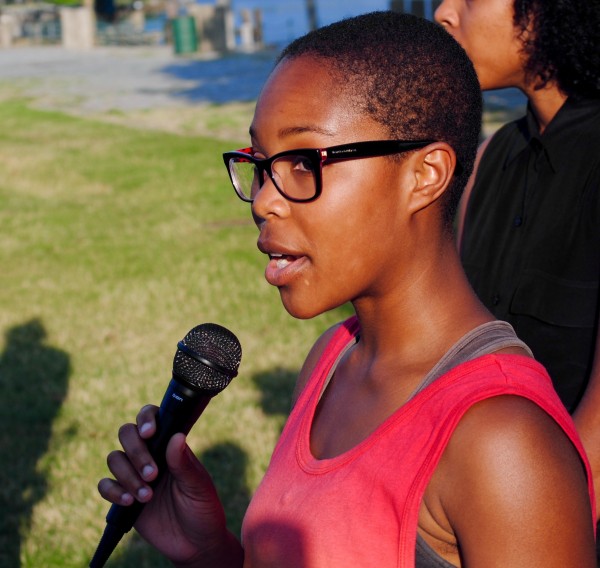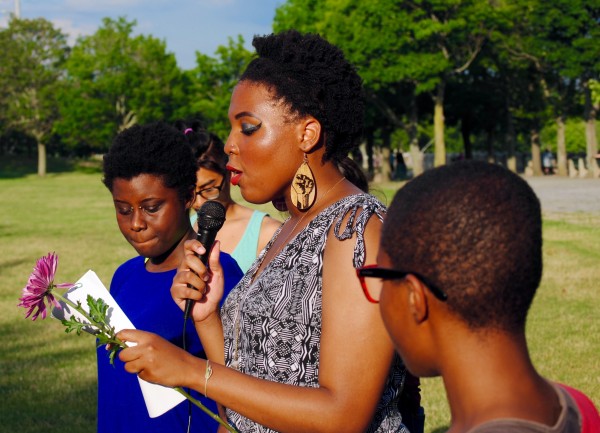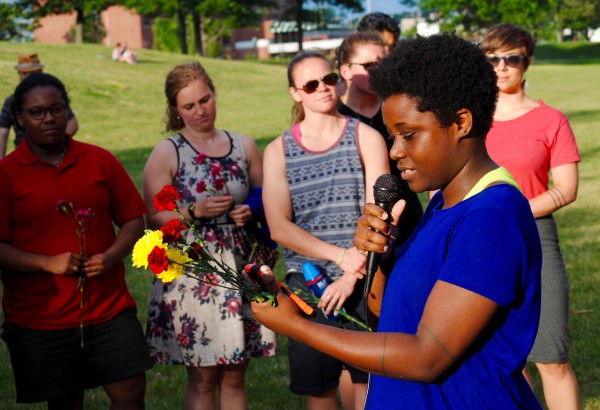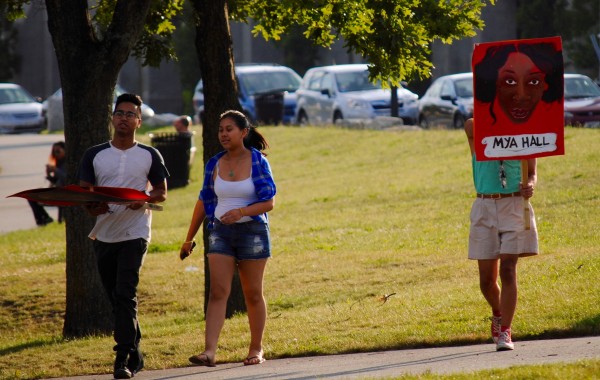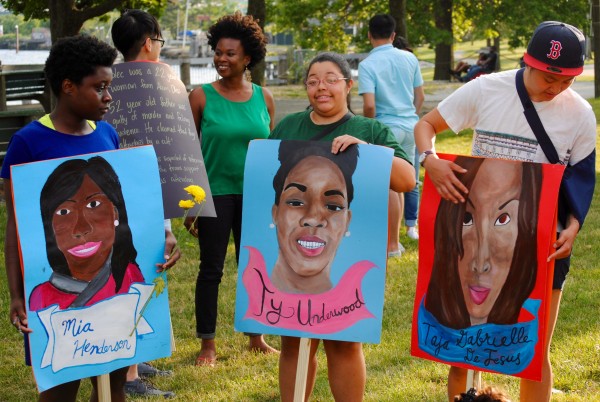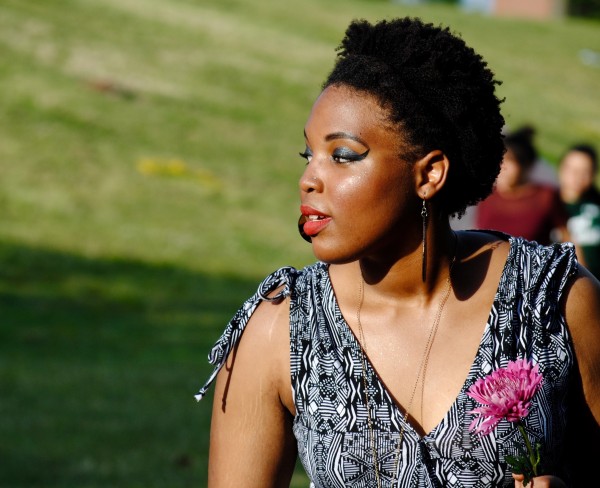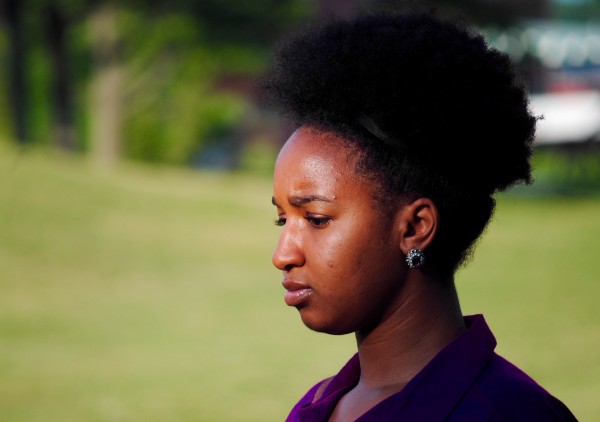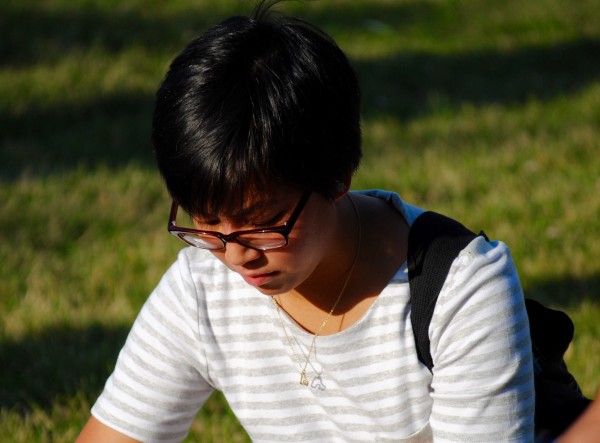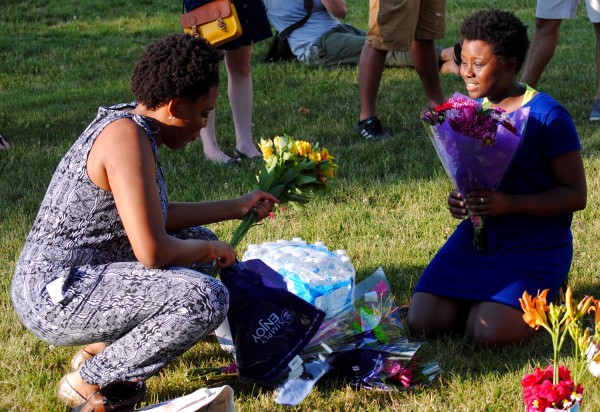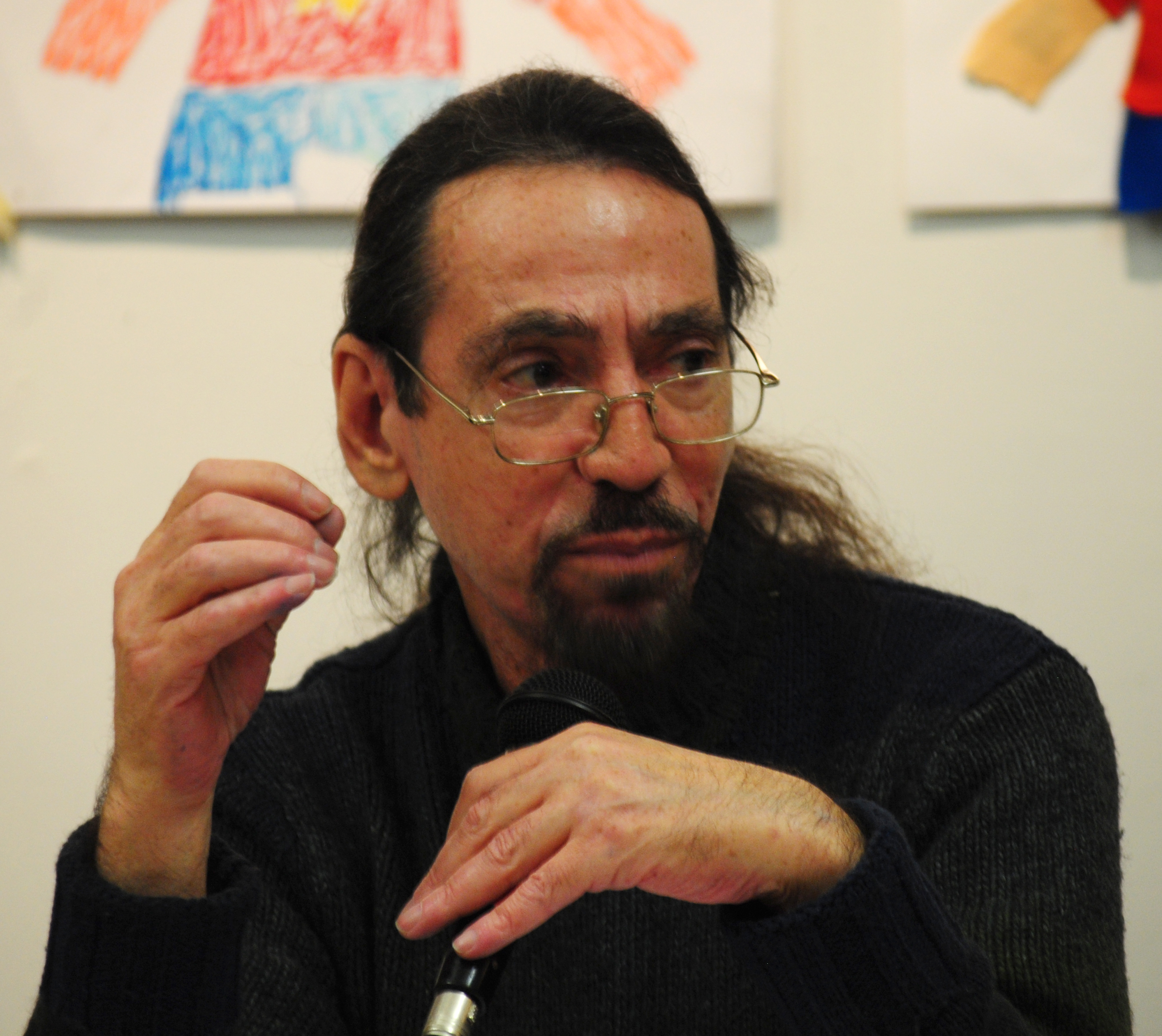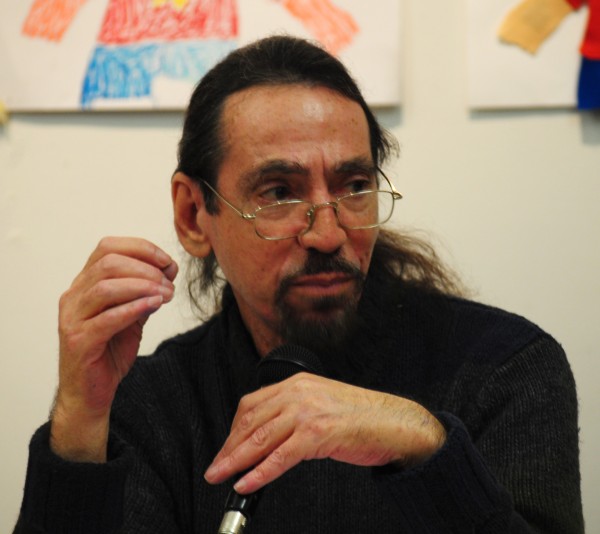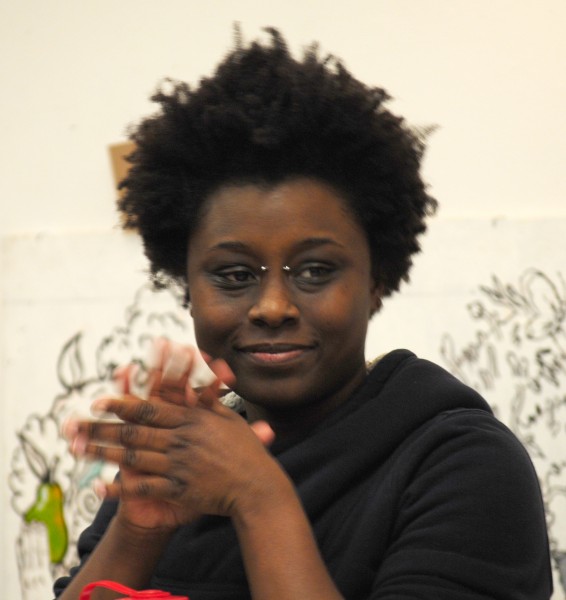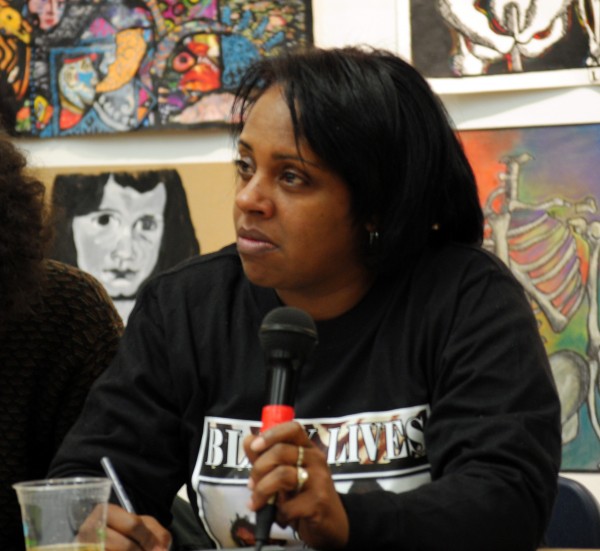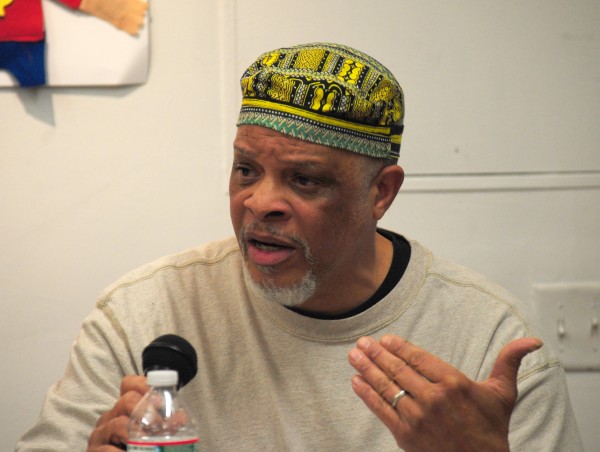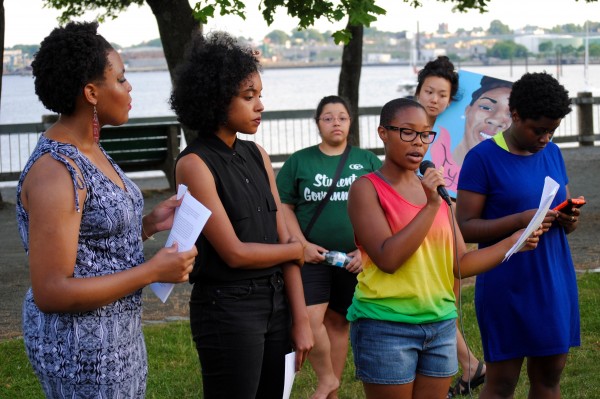
Scratch that we can be a bit more specific here—This letter is for those who claim to love Black womanhood — our collective passion, histories, political work, bodies, and victories — but do not love Black women. This is for everyone and anyone whose rhetoric is stronger than their action.
We would love to open this with an epigraph — a portion of poetry from Lorde or Shakur—but I fear that would soften the coming words. This is not a message that will be sugar-coated. You should not feel good about yourself for showing up to this vigil or for reading this letter. This event is not your chance to practice abstract revolutionary theory. Black women in Providence are hurting, and we have been hurt and forgotten most remarkably by those who claim to be supporters and allies.
In the process of creating and planning this event to honor Black women’s lives who have been lost we ran into an all too common problem. Sitting and planning, we quickly found ourselves asking, “But where are the others?” There is no question that there will be an audience at the event itself, particularly in a community such as Providence where a political event is unlikely to have only a few in attendance. But, when people attend for the product but do not really assist in its creation, it is easy for this phenomenon to feel like another way various individuals and groups siphon off of the work and energies of Black women. What we create is good enough to be consumed, but what about us?
We could pin this scenario on the age old trope of the strong Black woman. Many people do not assume that Black women need help. They believe we’ve got this shit locked down. Or, they do not recognize our pain and our need for help and care. It is unlikely that these thoughts are in the forefront of any of our so-called allies’ minds. It is more likely that these thoughts are subconscious feelings that guide their (in)action. Conscious or subconscious, this belief that Black women are beyond help — perhaps the public assumes Black women are able to handle our suffering by ourselves or has decided that we just aren’t a priority in the grand scheme of liberation politics — is so incredibly violent and has the ability to cause irrevocable damage. To be surrounded by people who have the same general beliefs as us, who cry the same rallying cries of “Liberation” and “Revolution,” and yet are nowhere to be found when we need them, leaves us in an exhausting predicament. We are exhausted.
This is to everyone and anyone who has ever underestimated, overestimated, or simply did not care about the Black women who surround them, while highlighting, quoting, and screaming the words of the Black women revolutionaries they’ve chosen to mythologize. This habit of calling for liberation all the while leaving your Black sisters all around you absent of your care is not sustainable. This is not how we build a sustainable community. And please do not listen to these words and snap and cheer and think to yourself “Preach! And oh, I know they’re not talking about me, they couldn’t possibly be”. Because, we are. These words are for everyone. Take a step back and think. Really, think through your past and future actions think about your interpersonal engagements with Black people— particularly Black women! Really reflect on how you have treated us. Look for the inconsistencies. Look for where your words and your actions do not match up. Do better. Build with us. Truly build with us, not on our backs but alongside us.
–Andrea. Dania. Helen. Monay. Organizers of Juneteenth: A Community Assembly to Honor Black Cis and Trans Women

